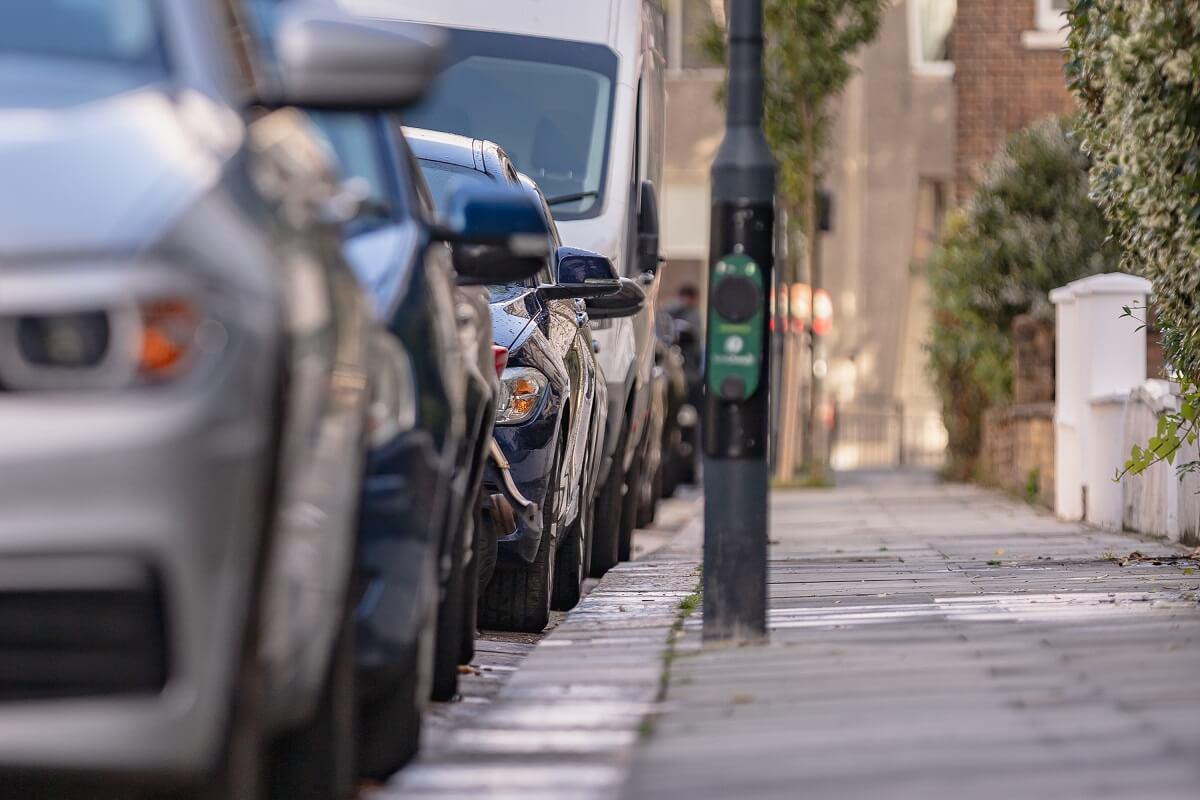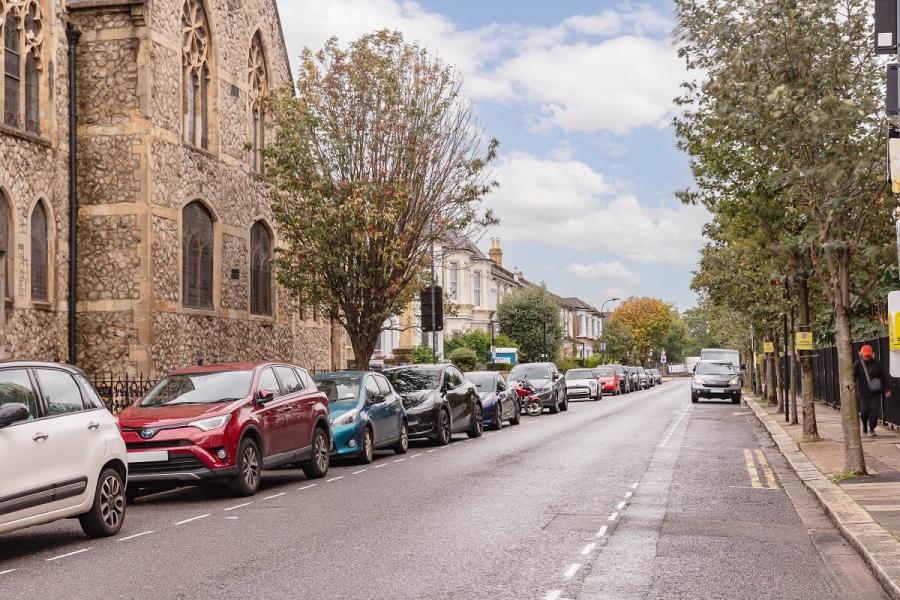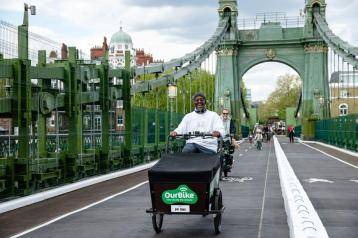
Hammersmith & Fulham Council is considering introducing the first rise in parking permit charges in over 10 years.
A report was approved at a Cabinet meeting on Monday (7 October) that recommends increasing resident permit charges that have been frozen since 2012. The report will now go out for statutory consultation.
Instead of a flat rate for all vehicles, the council proposes introducing seven emissions-based bands with the least polluting cars coming in at the cheapest permit price.
The emissions banding supports both borough and London-wide policies to address dangerous levels of air pollution.
Under the proposals, electric and hybrid vehicles would continue to be cheapest for residents to park outside their homes – £2.40 per week for pure electrics and £3 for hybrids.
The proposed changes will not affect the 2,472 residents with Disabled Blue Badge permits. These badge holders will continue to be able to park free of charge in any resident, pay and display or shared use bay in the borough.
Permit prices frozen
The current resident parking permit charges in H&F have been frozen since 2012 at £119 per year, with no increases for inflation during this period.
The borough – which boasts the largest number of electric charging points in the country – is committed to incentivising residents in the transition from high polluting petrol and diesel vehicles to cleaner electric vehicles.
Cllr Sharon Holder, H&F Cabinet Member for Public Realm, said:
We believe these proposed changes, if agreed, will lead to an increase in the use of cleaner and greener vehicles, as well as encourage more people to cycle, walk and use public transport."
Reductions to emissions have come a long way in recent years. Seven per cent of cars in H&F are electric and 6.5 per cent are hybrid.
However, the proposals acknowledge that even the cleanest vehicles cause pollution through dangerous particle emissions from tyre and brake wear, and during the manufacturing process.
For the first time, drivers of electric and hybrid vehicles will pay for parking permits.

What it means for drivers
Those drivers who have made the switch to electric cars would pay the lowest annual parking charge of £125 under the new proposals, hybrids would be £156 and the least polluting petrol cars would pay £193.
The majority of resident permits (about 68 per cent) would pay £230 or less a year. This includes pure electric and hybrids, such as the Toyota Prius (£156 per year – or £3 per week) and mid-range models of a VW Golf and a Nissan Qashqai ranging from £193 (or £3.71 per week) to £230 (or £4.54 per week).
At the top end of the seven new bands for emissions-based parking charges, the most polluting cars – such as Range Rover SUVs – would need to pay £340 for an annual permit. Diesel vehicles will have a 50 per cent surcharge.
Help with payments
From January 2025, H&F is also looking to introduce a new payment model for residents, allowing payment to be made either for a 12-month permit, six-month permit or rolling monthly permit. This helps households that are struggling with bills to pay gradually, rather than in one lump sum.
In addition to resident permits, the changes will also include:
- business permits
- resident visitor parking permits
- business visitor parking permits
- visitor parking
- Pay & Display tariffs.
The proposed new system of seven bands in H&F is based on a vehicle's emissions and is now commonly used across London.
Changes are also being proposed to Pay & Display parking charges.
The resident visitor cost for electric, hybrid and low emission petrol cars (Bands 1, 2 and 3) would remain at £1.80, rising to £2.30 for Bands 4 and 5, and £2.80 for Bands 6 and 7. There will be a diesel surcharge of £1.
How we are supporting businesses
Our new business visitor permit will be going live across the borough later this month. For the first time businesses will be able to give discounts to their customers. Under the proposals, the cost will range from £2.50 an hour to £5.
Tradesperson permit
Currently, tradespeople must pay an hourly rate based on the emissions of their vehicle.
As the vehicle is parked in the same location for several hours, and in some instances, for days and weeks whilst works are being undertaken, the cost of parking can be considerable.
Going live later this month, a tradesperson will be able to park their vehicle outside someone's home for a reduced cost of £30 for 8 hours. That is less than £4 per hour.
Did you know?
The average parking space in H&F is valued at around £4,300 a year as real estate. Meanwhile, we're seeing increased demand for this kerbside space for other local uses such as cycle storage, flood defences, greening and café areas.
H&F is the 10th worst area in England for deaths by air pollution – with 7.4 per cent of deaths linked to toxic air. Road pollution is the biggest culprit in how these dangerous nitrogen oxide (NOx) gases are released into the borough.




